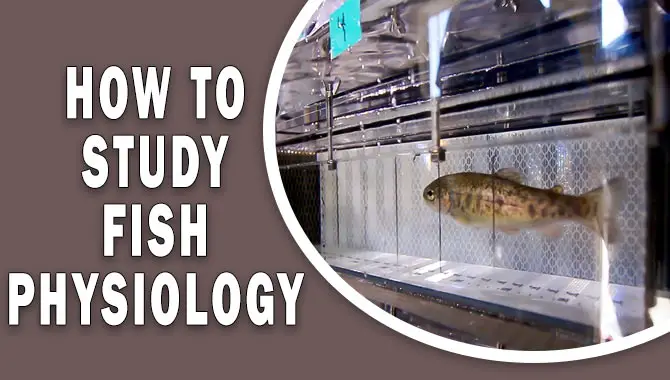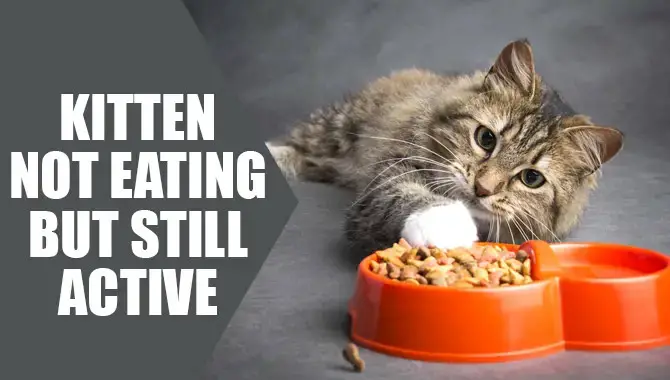Ammonia, a compound in various forms, can have positive and negative effects on plants depending on its concentration. Ammonia is a valuable nitrogen source for plant growth when present at low levels.
However, it can be detrimental and even fatal to plants at high concentrations. If you are a gardening enthusiast, you might have heard about using ammonia as a fertilizer. But have you ever wondered if it can harm your plants?
Here we will discuss everything you need to know about ammonia and its effects on plant growth. We’ll answer the pressing question- Will ammonia kill plants. So, whether you are a seasoned gardener or just starting out, read on to learn all there is to know about ammonia and its impact on your plants.
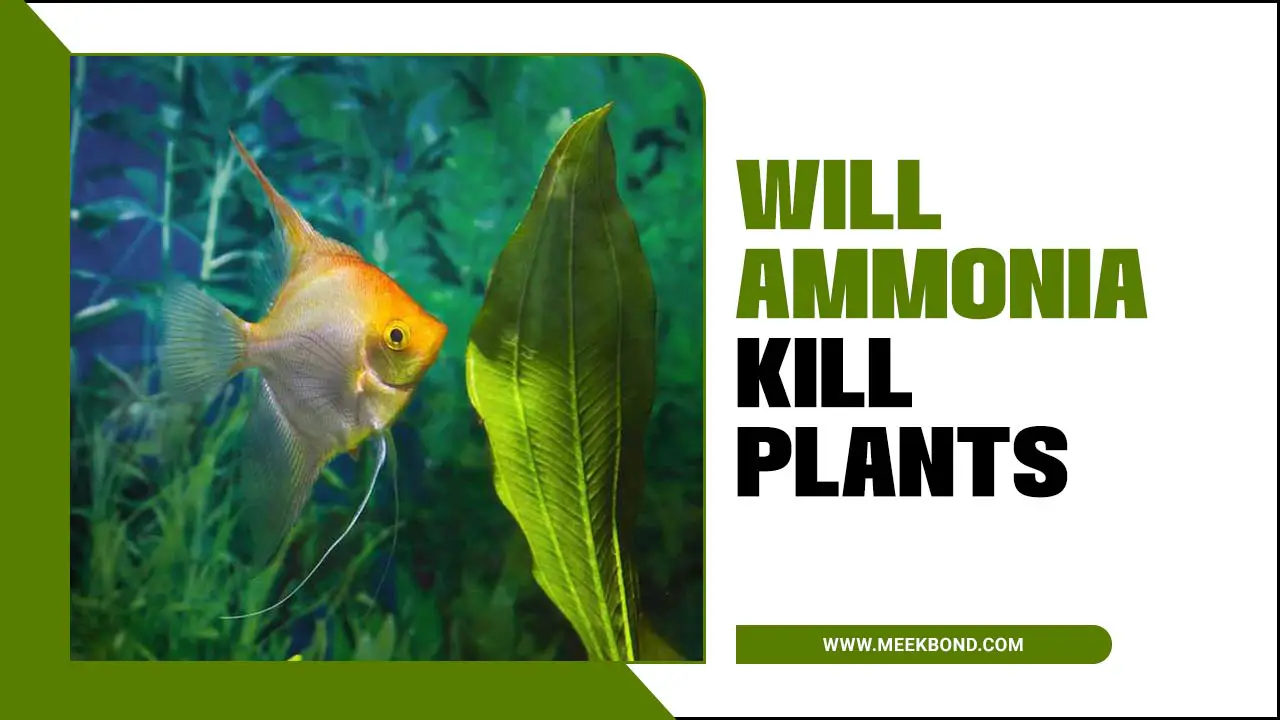
Will Ammonia Kill Plants – Know The Truth
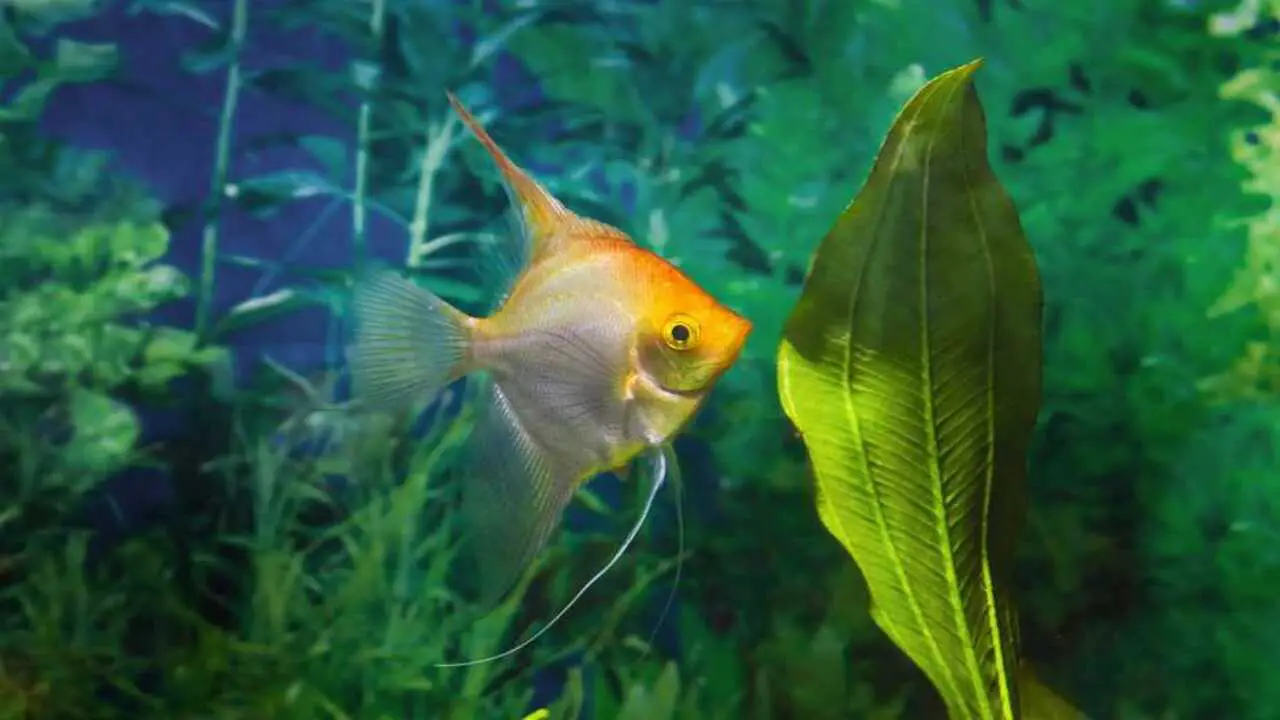
Ammonia can have both harmful and beneficial effects on plants. High ammonia concentrations can burn plant roots and damage foliage, making it important to use it in moderation. Some plant species, especially those that prefer acidic soil, can be sensitive to ammonia toxicity.
However, when diluted properly, ammonia can help plants grow by giving them nitrogen, an essential nutrient. Always exercise caution and follow instructions when using ammonia as a fertilizer. Below we discuss more on whether will ammonia kill plants.
Effects Of Over-Fertilization With Ammonia
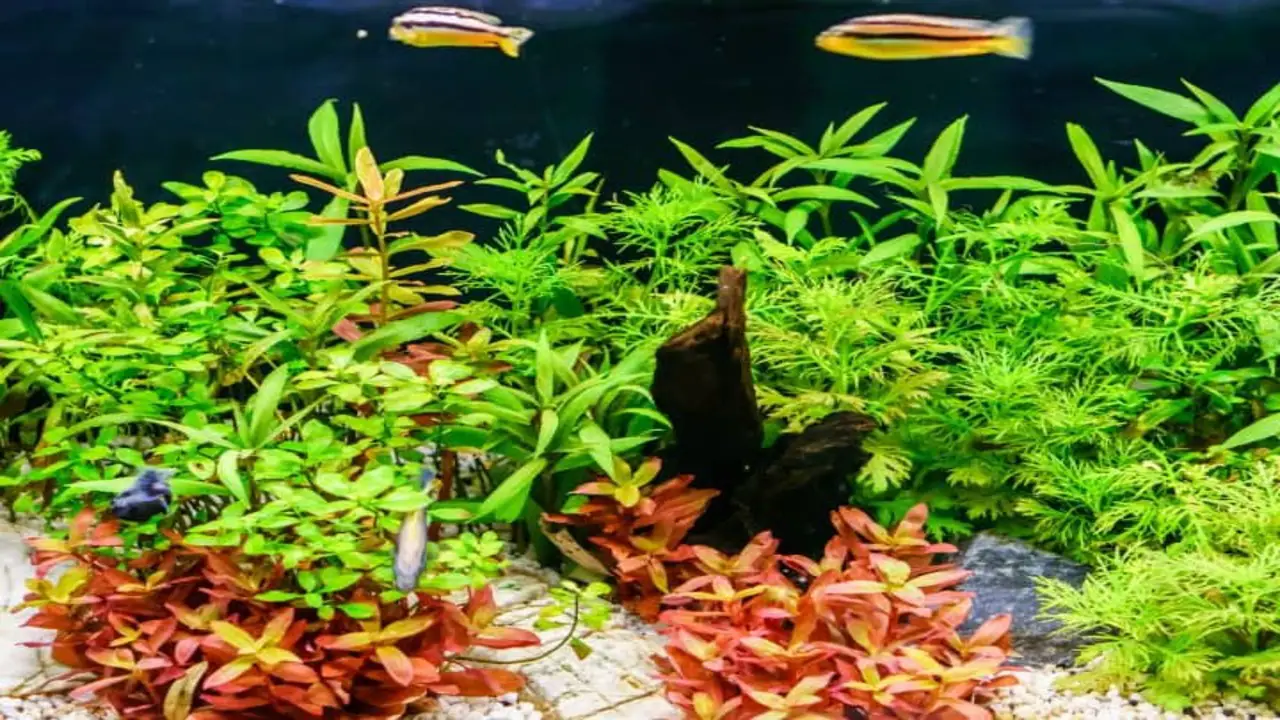
Over-fertilization with ammonia can have detrimental effects on plants. It can cause burning and even death of the plants. Additionally, ammonia can alter the pH levels of the soil, making it more acidic, which is harmful to plants.
Moreover, the high levels of nitrogen present in ammonia can lead to excessive growth, resulting in weak and vulnerable plants. To avoid these issues, it is crucial to carefully measure and apply ammonia-based fertilizers according to the plants’ specific needs, especially avoiding their use on young or delicate plants.
Symptoms Of Ammonia Burn In Plants
When used improperly or in excessive amounts, ammonia can be toxic to plants. One of the symptoms of ammonia burn in plants is the yellowing, browning, and wilting of leaves. It is important to carefully monitor the concentration of ammonia in soil or fertilizer to avoid plant damage.
However, when used in moderation and according to instructions, ammonia can be a useful plant nitrogen source. Consult a gardening expert for specific guidance on the appropriate amount of ammonia.
Advantages Of Ammonia-Based Fertilizers
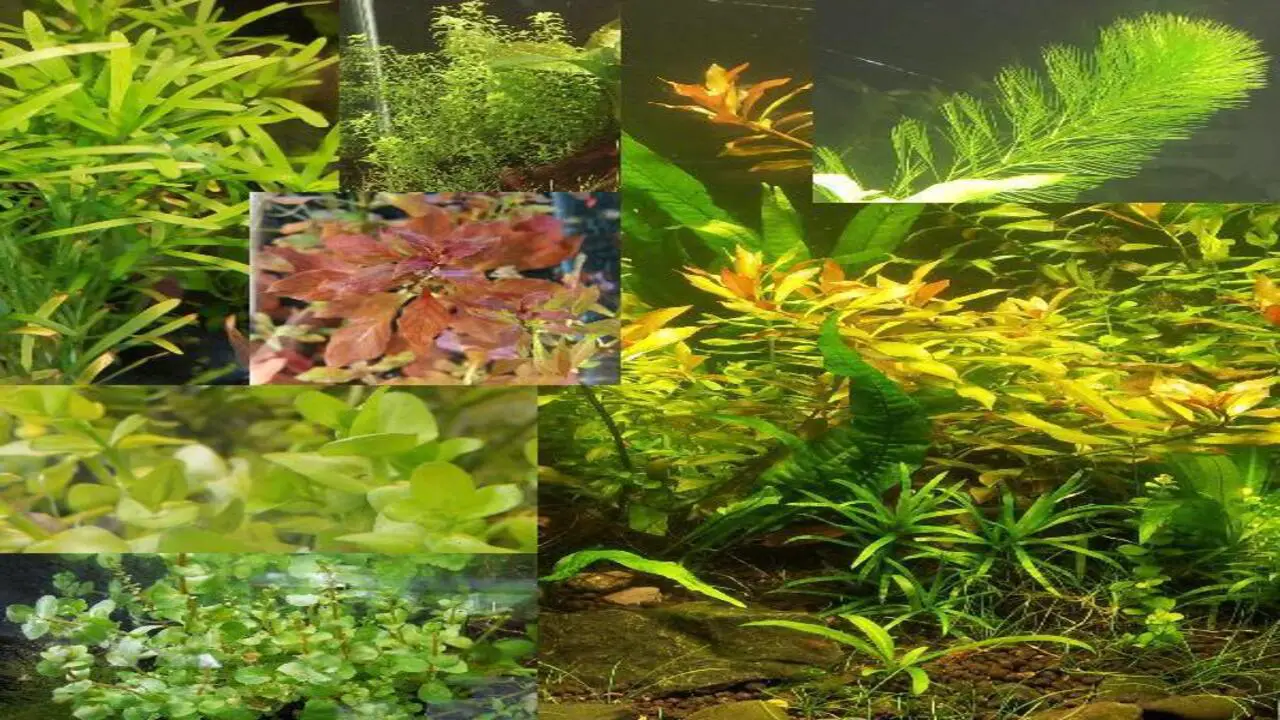
Ammonia-based fertilizers offer several advantages for plant growth and development. By providing essential nitrogen, these fertilizers promote healthy growth and lush foliage. They are cost-effective and easily available, often found in many households.
Ammonia-based fertilizers are also versatile, suitable for both indoor and outdoor plants. However, diluting ammonia before application is crucial to prevent any harm to the plants. Careful and proper use is necessary to avoid burning or killing the plants.
Disadvantages And Potential Risks Of Ammonia-Based Fertilizers
Improper application of ammonia-based fertilizers can cause damage to plant roots and leaves. Overusing these fertilizers can lead to soil compaction and imbalances in nutrient levels. Additionally, ammonia-based fertilizers can release harmful gases, resulting in respiratory problems for humans and animals.
To mitigate these risks, using ammonia-based fertilizers in moderation and following recommended application rates is important. Consider exploring alternative fertilizers that are safer for the environment and your plants.
Tips To Avoid Ammonia Damage To Plants
Ammonia can harm plants if used in excessive amounts or not properly diluted. However, you can avoid ammonia damage to your plants with proper precautions. By following these tips, you can minimize the risk of ammonia damage to your plants and promote healthy growth in your garden. Here are a few tips to keep in mind:
- Dilute ammonia: If you need to use ammonia as a fertilizer or for any other purpose in your garden, dilute it properly according to the instructions on the product label. Using undiluted ammonia directly on your plants can cause burns and damage their roots.
- Use ammonia sparingly: It is important to use ammonia in moderation. Applying too much can overload the soil with nitrogen, leading to nutrient imbalances and harm the overall health of your plants.
- Apply ammonia away from the plant’s base: When using ammonia as a fertilizer, be sure to apply it away from the base of the plant. This will prevent direct contact with the roots and minimize any potential damage.
- Water thoroughly after application: Water your plants thoroughly after applying ammonia. This will help flush out excess ammonia and prevent it from accumulating in the soil.
Safe Use Of Ammonia In Your Garden
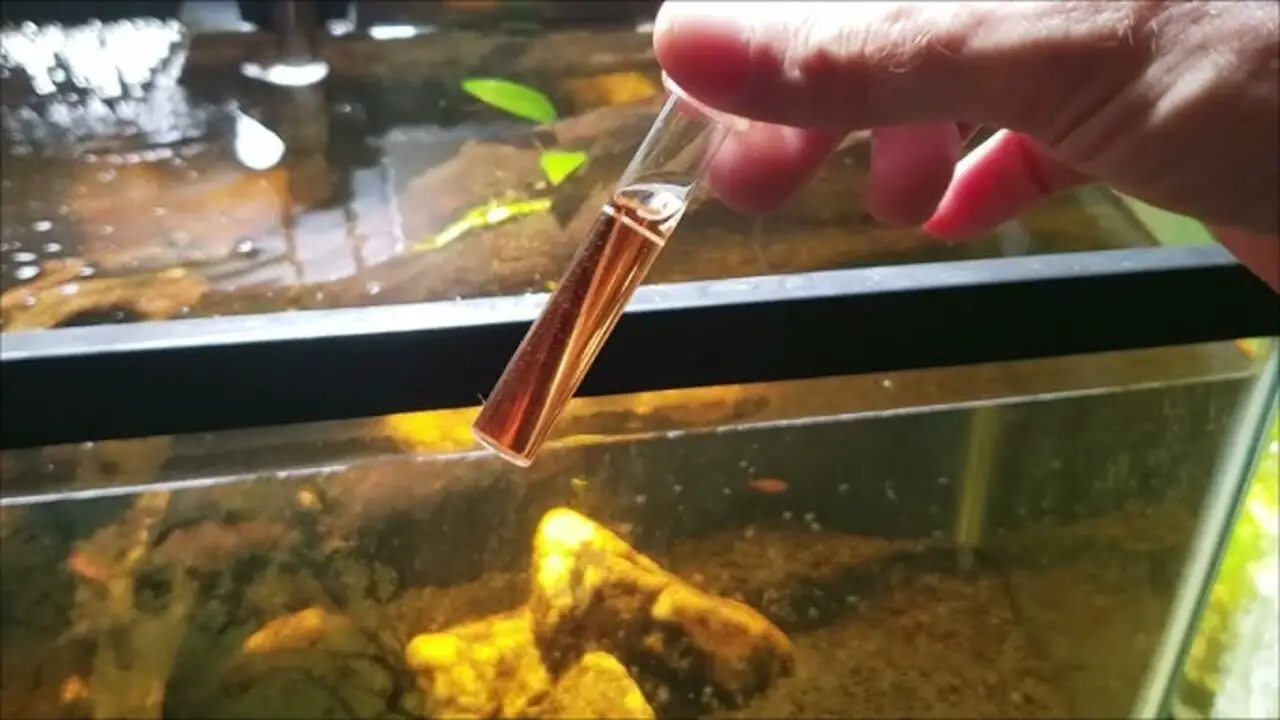
When using ammonia in your garden, it’s essential to exercise caution to ensure the safety of your plants. While ammonia can act as a beneficial fertilizer, it can also cause harm if used improperly. Diluting ammonia with water before application is crucial to avoid burning plant roots and foliage.
Additionally, always follow the label instructions carefully and practice safe handling when using ammonia. By taking these precautions, you can effectively use ammonia to enhance soil health and deter pests without harming your plants.
Tips For Using Ammonia As A Fertilizer
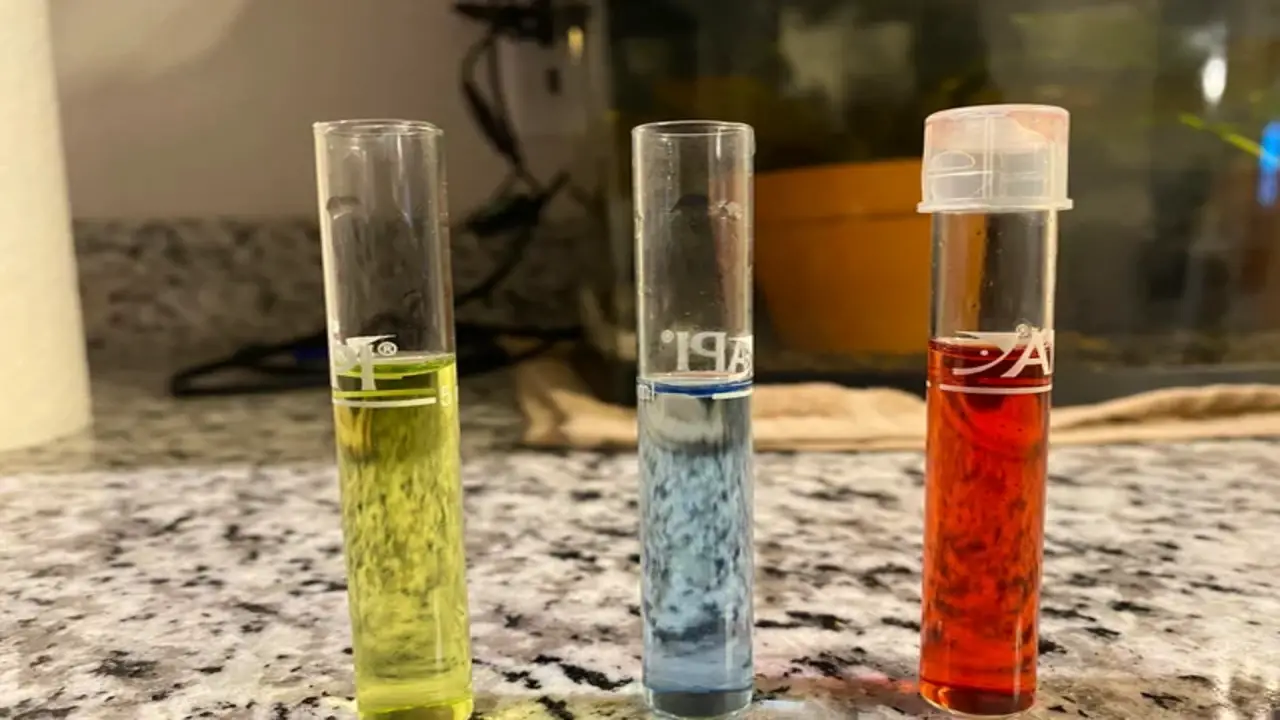
Using ammonia as a fertilizer can be an effective way to provide essential nutrients to your plants. While ammonia can be a useful fertilizer, it should be used judiciously and in accordance with proper guidelines.
If you have any concerns or questions about using ammonia on your specific plants, consult with a local gardening expert or nursery for tailored advice. However, it is important to use caution and follow these tips to ensure the health and safety of your plants:
- Dilute the ammonia: Ammonia can be highly concentrated and may burn or damage plants if used undiluted. It is recommended to dilute one tablespoon of ammonia in one gallon of water before applying it to your plants.
- Apply sparingly: While ammonia can benefit plant growth, it is important not to overdo it. Applying too much ammonia can lead to nitrogen burn and damage the roots of your plants. Start with a small amount and assess the response of your plants before increasing the dosage.
- Timing matters: It is best to apply ammonia fertilizer when plants actively take up nutrients during the growing season. Avoid applying ammonia during drought or extreme heat, which can further stress your plants.
- Choose the right plants: Some plants are more tolerant of ammonia. Vegetables such as tomatoes, peppers, and corn respond well to ammonia fertilizers, while sensitive plants like ferns or orchids may be more susceptible to damage.
Alternatives To Ammonia-Based Fertilizers
For fertilizing your plants, there are various alternatives to ammonia-based fertilizers that can provide the necessary nutrients without harming your plants. Organic fertilizers such as compost, bone meal, and fish emulsion are excellent options that offer natural nutrients.
Additionally, synthetic fertilizers like urea and ammonium nitrate can substitute ammonia-based fertilizers. Reading the label and following the instructions carefully ensures optimal plant health and avoids potential damage. Remember, ammonia should be used sparingly, if at all, as it can be toxic to plants in large quantities.
How Plants Utilize Nitrogen From Ammonia
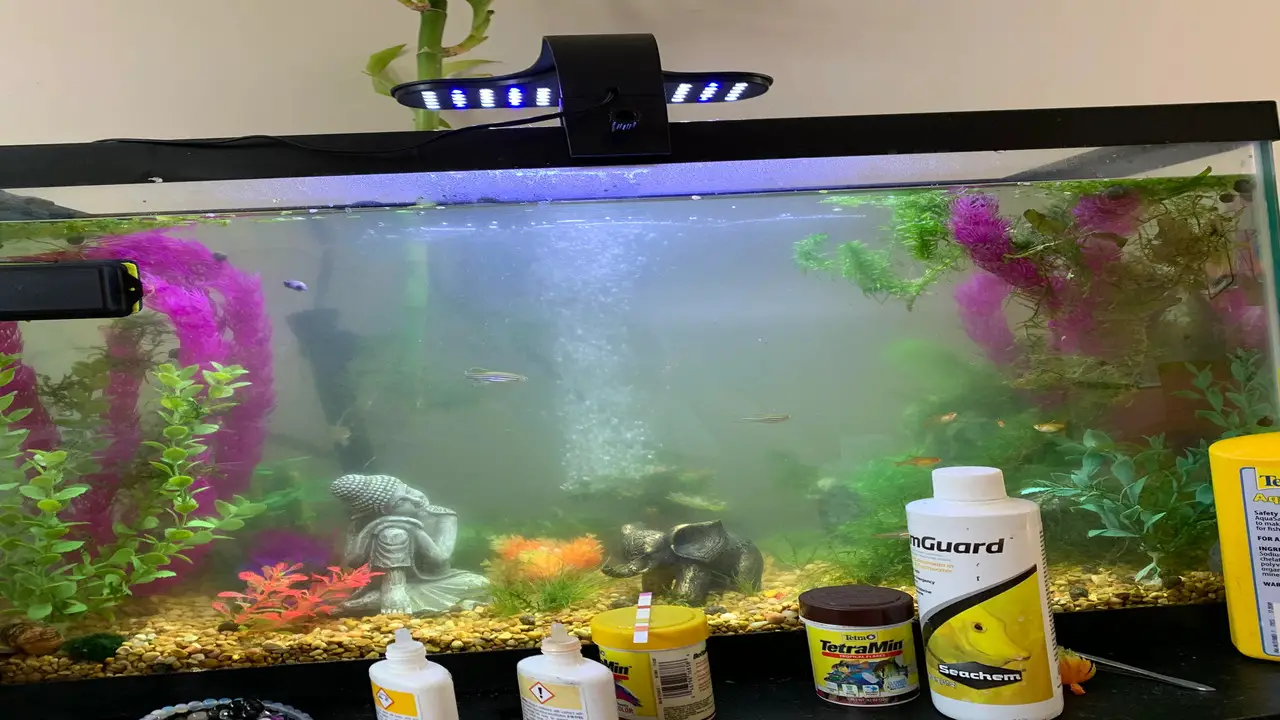
Plants rely on nitrogen for their growth, and ammonia is a valuable source of this essential nutrient. However, it’s crucial to maintain a balance when using ammonia, as too much can harm plants. Excessive ammonia can lead to leaf burn or even plant death.
Plants require a well-rounded combination of nitrogen, phosphorus, and potassium to ensure optimal growth. Diluting ammonia correctly and applying it at the right time can help mitigate any potential harm. When using ammonia fertilizer, following instructions and taking necessary precautions are essential.
Does The Type Of Plant Influence Its Reaction To Ammonia?
The effect of ammonia on plants varies depending on the type of plant. Certain plants like corn, wheat, and barley can tolerate higher ammonia levels and may not experience significant damage. However, other plants can be more susceptible to high ammonia levels and may suffer from damage or even death.
Therefore, it is essential to research the specific plant you are cultivating before using ammonia as a fertilizer. This ensures you don’t inadvertently harm your plants by using too much ammonia or applying it incorrectly. Additionally, it is important to note that excessive use of ammonia as a fertilizer can lead to soil pollution and environmental degradation, so it should be used judiciously and carefully.
Conclusion
Ammonia can have both positive and negative effects on plants. While over-fertilization with ammonia can cause damage and burn in plants, it is essential to understand that ammonia-based fertilizers also have advantages.
They provide plants with a readily available source of nitrogen, which is crucial for their growth and development. However, it is important to use ammonia-based fertilizers safely and follow proper guidelines to avoid any potential risks to plants.
If you are concerned about using ammonia-based fertilizers, alternative options can still provide the necessary nutrients for your plants. Ultimately, understanding how plants utilize nitrogen from ammonia and considering the specific needs of different plant types will help you make informed decisions about using ammonia in your garden. Hope now you understand will ammonia kill plants.
Frequently Asked Questions
Is It OK To Spray Ammonia On Plants?
Spraying ammonia directly on plants is not recommended. Ammonia is highly alkaline and can damage or kill plants if used improperly. Small amounts of diluted ammonia can be used as a fertilizer, but it’s best to follow specific instructions when using ammonia-based fertilizers.
Will Straight Ammonia Kill Weeds?
Straight ammonia can indeed kill weeds, but it’s crucial to dilute it beforehand to avoid harming surrounding plants. Additionally, ammonia can increase soil nitrogen levels, benefiting certain plants.
Will Ammonia Kill Grass?
Using concentrated or excessive amounts of ammonia can indeed kill the grass. It can also harm the soil and nearby plants. To avoid this, diluting ammonia before applying it to grass or other plants is recommended.
Is Household Ammonia A Good Fertilizer?
Household ammonia should not be used as a fertilizer. While it contains nitrogen, high concentrations can be toxic to plants. Commercial fertilizers with treated ammonia are safe for plants.
How Much Ammonia Is Toxic To Plants?
Ammonia can be harmful to plants in high concentrations. Most plants are affected by concentrations of 50 ppm or higher. However, the toxicity level varies depending on the plant type and growth stage.

Aquarium passion is all about connecting with the aquatic life and providing education to the public on the importance of these creatures. We showcase a wide variety of marine life through our exhibits as well as working with schools to provide unique learning opportunities for students of all ages.


